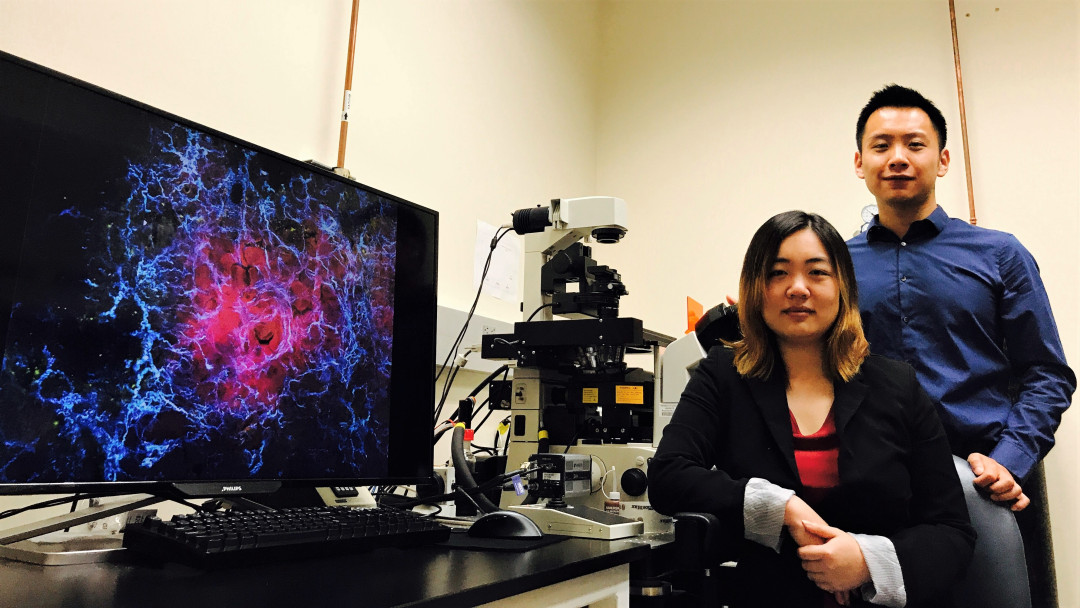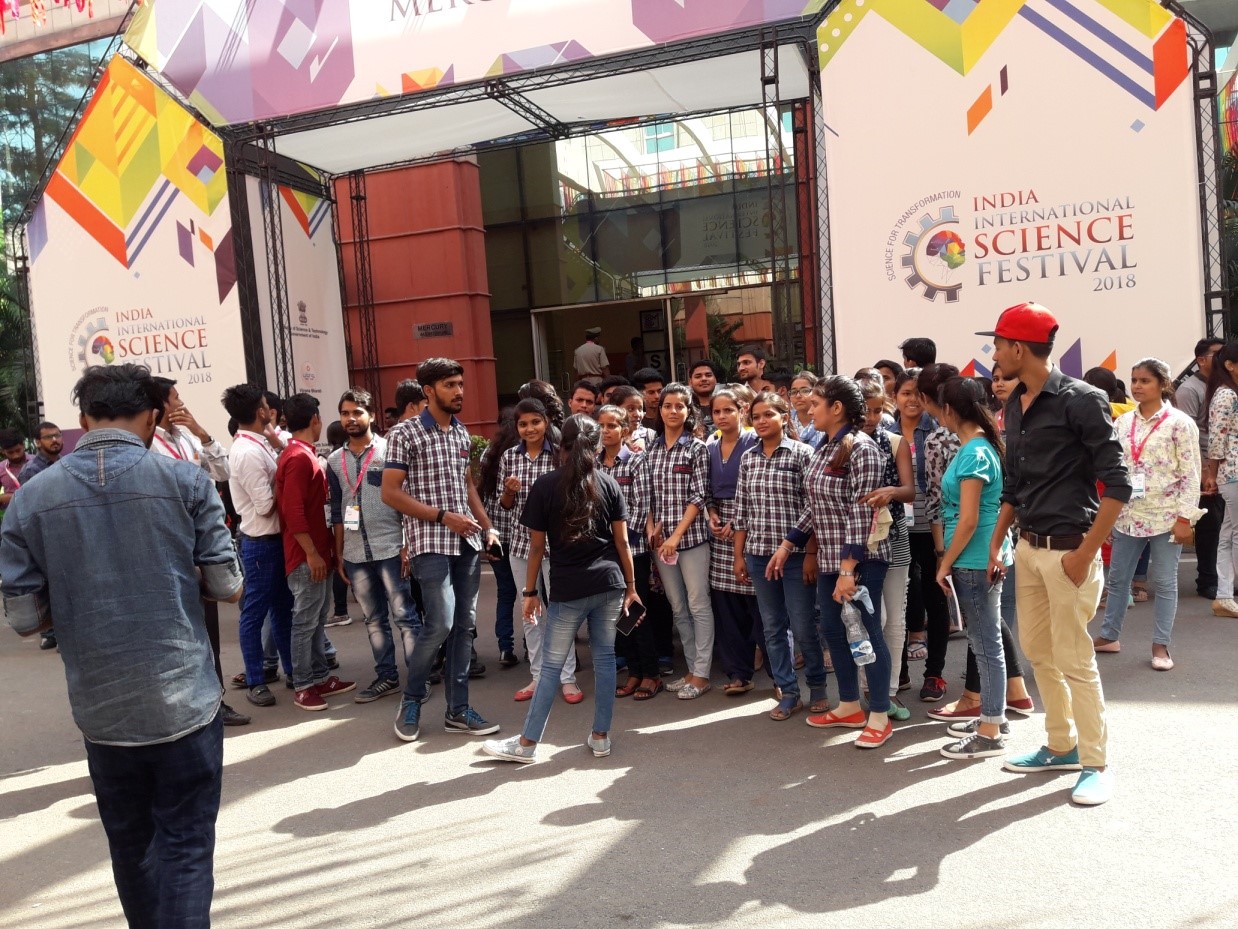
UCI stem cell therapy attacks cancer by targeting unique tissue stiffness
- News
- 1.9K
Irvine, Calif., July 26, 2017 — A stem cell-based method created by University of California, Irvine scientists can selectively target and kill cancerous tissue while preventing some of the toxic side effects of chemotherapy by treating the disease in a more localized way.
Weian Zhao, associate professor of pharmaceutical sciences, and colleagues have programmed human bone marrow stem cells to identify the unique physical properties of cancerous tissue. They added a piece of “code” to their engineered cells so that they can detect distinctively stiff cancerous tissue, lock into it and activate therapeutics.
In a study appearing in Science Translational Medicine, the researchers report they have effectively and safely employed this stem cell-targeting system in mice to treat metastatic breast cancer that had spread to the lung. They first transplanted the engineered stem cells to let them find and settle into the tumor site where they secreted enzymes called cytosine deaminase. The mice were then administered an inactive chemotherapy called prodrug 5-fluorocytosine, which was triggered by action by the tumor site enzymes.
Zhao said his team specifically focused on metastatic cancer, which comes when the disease spreads to other parts of the body. Metastatic tumors are particularly deadly and the cause of 90 percent of cancer deaths.
“This is a new paradigm for cancer therapy,” Zhao said. “We are going in a direction that few have explored before, and we hope to offer an alternative and potentially more effective cancer treatment.”
Zhao added that this stem cell-targeting approach can provide an alternative to many forms of chemotherapy, which has a number of bad side effects. While this widely used method is powerful enough to kill rapidly growing cancer cells, it also can harm healthy ones.
“Our new type of treatment only targets metastatic tissue, which enables us to avoid some of conventional chemotherapy’s unwanted side effects,” said Zhao, who is a member of the Chao Family Comprehensive Cancer Center and the Sue & Bill Gross Stem Cell Research Center at UCI.
“This published work is focused on breast cancer metastases in the lungs,” he added. “However, the technology will be applicable to other metastases as well, because many solid tumors have the hallmark of being stiffer than normal tissue. This is why our system is innovative and powerful, as we don’t have to spend the time to identify and develop a new genetic or protein marker for every kind of cancer.”
So far, the Zhao team has done preclinical animal studies to demonstrate that the treatment works and is safe, and they hope to transition to human studies in the near future. They are currently expanding to include other types of cells, including cancer tissue-sensing, engineered immune-system T cells (called CAR-T) to treat metastasizing breast and colon cancers. They also plan to transform the technology for other diseases such as fibrosis and diabetes, which result in stiffening of otherwise healthy tissue.
Along with Zhao, UCI doctoral students Linan Liu and Shirley Zhang, are co-leading authors of the study. The National Institutes of Health, the Department of Defense, the American Cancer Society and the California Institute for Regenerative Medicine provided support.
About the University of California, Irvine: Founded in 1965, UCI is the youngest member of the prestigious Association of American Universities. The campus has produced three Nobel laureates and is known for its academic achievement, premier research, innovation and anteater mascot. Led by Chancellor Howard Gillman, UCI has more than 30,000 students and offers 192-degree programs. It’s located in one of the world’s safest and most economically vibrant communities and is Orange County’s second-largest employer, contributing $5 billion annually to the local economy. For more on UCI, visit www.uci.edu.
Media access: Radio programs/stations may, for a fee, use an on-campus ISDN line to interview UCI faculty and experts, subject to availability and university approval. For more UCI news, visit news.uci.edu. Additional resources for journalists may be found at communications.uci.edu/for-journalists.
Image: UCI doctoral students Shirley Zhang, left, and Linan Liu is co-leading authors of the study. http://www.uci.edu
Full article http://stm.sciencemag.org/content/9/400/eaan2966


